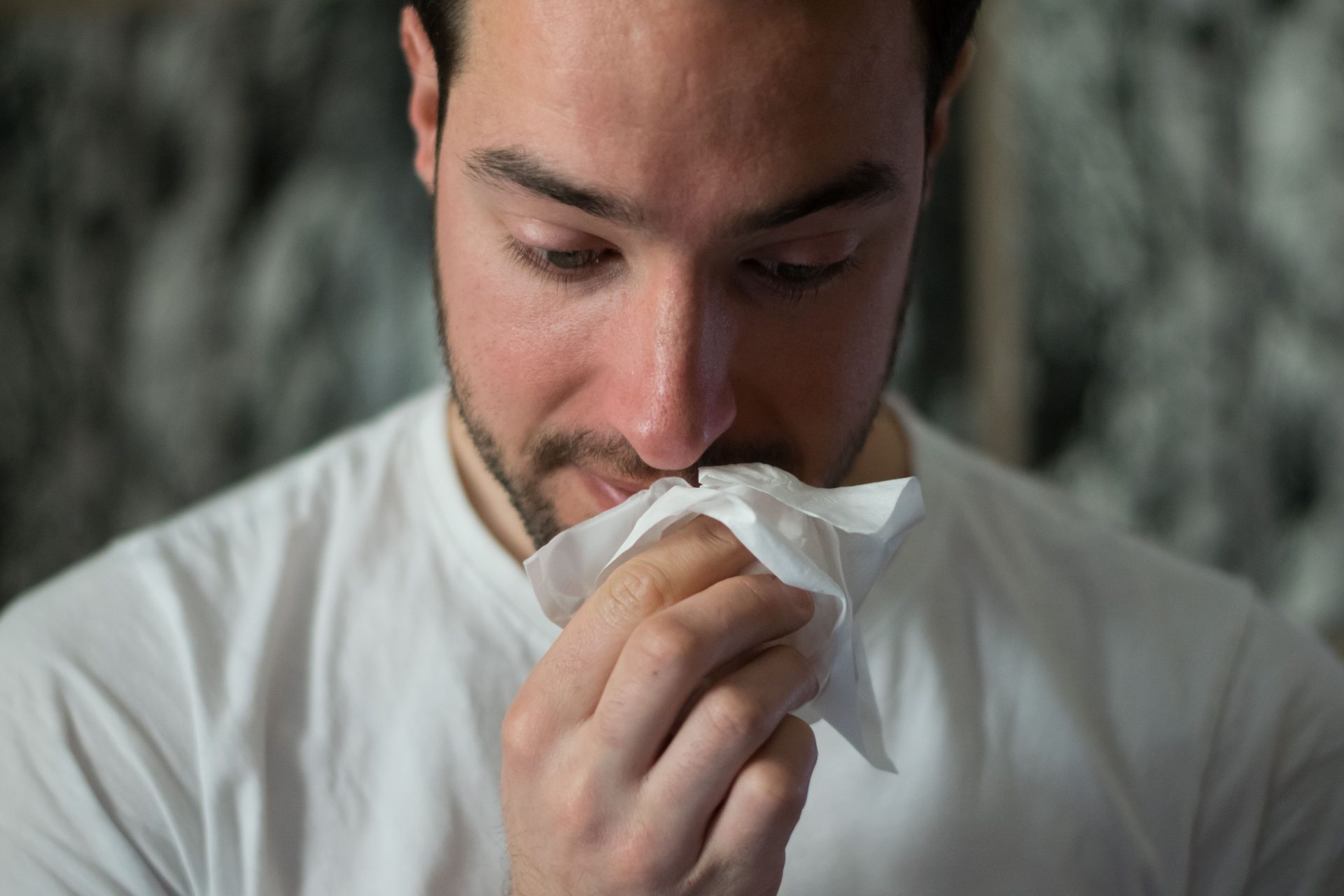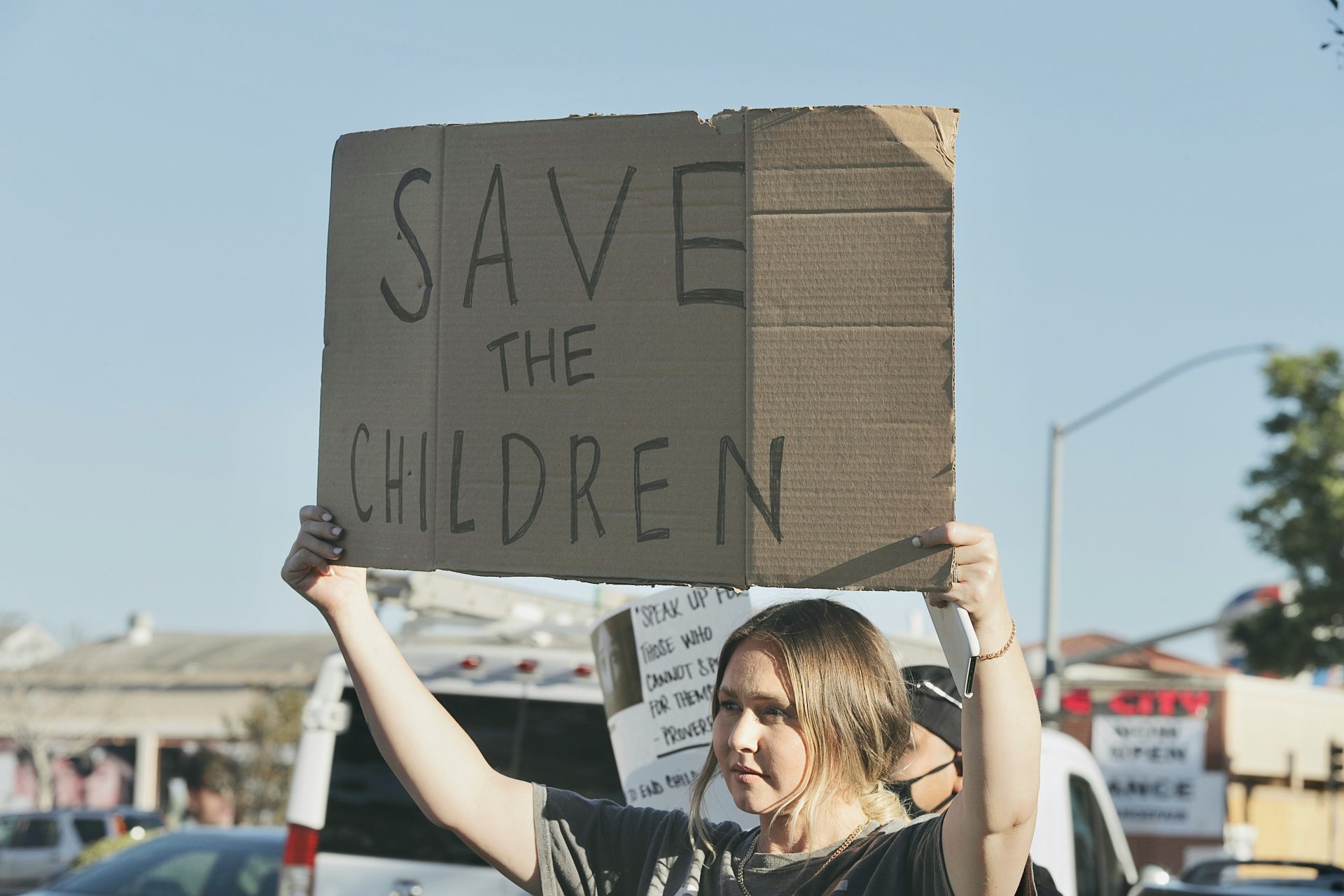People who believe in conspiracy theories are less likely to do this
People who believe in conspiracy theories are less likely to take conventional medicines when they get sick and opt instead to try alternative options according to a new study.
French researchers published the findings of their research in the British Journal of Health and revealed that conspiracy believers exhibit a lot of weird behaviors when they get sick. Most tend to seek out solutions that regular people likely wouldn’t.
Photo by Brittany Colette on Unsplash
For example, the new study's authors cited several research papers that have shown conspiracy beliefs can have an outsized impact on a person's willingness to be vaccinated against disease and protect themselves during sexual intercourse.
Conspiracy beliefs can lead some people to seek alternative or complementary medicine to replace conventional medicines due to their suspicions of conventional medical care, something the study’s authors again noted was well documented.
Photo by Katherine Hanlon on Unsplash
The development of conspiratorial beliefs during the global pandemic was an interesting view into how the medical choices of conspiracy theorists can be altered according to several previous studies cited by researchers.
Study authors Valentyn Fournier and Florent Varet wanted to explore how conspiratorial beliefs affected decisions when it came to cancer, so they devised an interesting way to figure out an answer to their question.
The researchers conducted two surveys. The first survey looked at specific and generic conspiracy beliefs about chemotherapy and how those beliefs affected one's willingness to seek out alternative or non-conventional medicines.
Photo by National Cancer Institute on Unsplash
Participants included 291 French adults accessed through social media. The study's participants answered questions devised by its authors, and they were also asked to fill out a French version of the Generic Conspiracy Belief Scale in order to gauge each participant's belief in conspiracies.
Generic questions included statements like: “Some significant events have been the result of the activity of a small group who secretly manipulate world events” and study participants' answers on a five-point scale from ‘Definitely True’ to ‘Definitely False.’
Specific questions included statements like: “The pharmaceutical industry manipulates scientific data to make people believe chemotherapy is more effective to cure cancer than it really is.” Again, answers were on a five-point scale.
The results from the first study showed there was a strong association between generic conspiracy beliefs and chemotherapy-specific beliefs. Stronger beliefs made someone a lot more likely to seek out alternatives over conventional medicine.
A prevalence of conspiratorial thinking also made individuals more prone to using what the researchers called complementary medicines, but the association was weaker than that of one’s willingness to seek out alternative medicines according to PsyPost's review of the research.
Photo by Online Marketing on Unsplash
The second study changed how the researchers assessed a person's level of conspiracy belief were measured, splitting questions into upward and downward beliefs asking which groups in society were secretly working to benefit themselves.
Photo by Joel Muniz on Unsplash
Upward questions focused on powerful actors like governments and pharmaceutical companies while downward questions focused on powerless actors like immigrants and those in the LGBTQ+ community.
The results of the second study mirror the first, and individuals with either downward or upward conspiracy beliefs were just as likely to seek out alternative medicines as those who harbored generic conspiracy beliefs.
Photo by Tarik Haiga on Unsplash
“The study sheds light on links between conspiracy beliefs and medication intentions,” wrote PsyPost’s Vladimir Hedrith, who added, “it should be noted that the design of these studies does not allow any cause-and-effect inferences to be drawn from the results.”
More for you
Top Stories





























